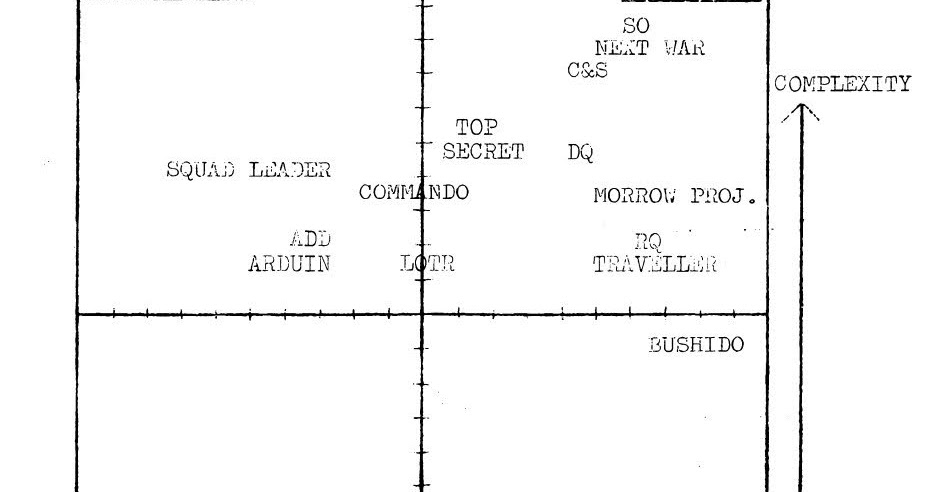3. Adventures are player skill challenges. Preparation is important. Dungeon crawling in a careful and systematic way is important. Combats require tactics and at times strategy. Resource management is a concern.
I want this as well.
To that end (where system mattering comes into play), out of system I expect the following:
a) The gamestate and the fiction are dynamic and coherent with each other (if danger or risk or stakes increase in the fiction, the gamestate follows in kind...and vice versa).
b) Decision-points are weighty. Consequences have teeth.
c) (a) and (b) can only be true if the (i) the system components are well integrated with each other and (ii) the players understand both the constituent parts and that holistic integration.
So take the following move:
When you shelter against the elements or attempt to stave off the effects of exposure, say how and roll +Gear (*):
10+ the desired effect comes to pass
7-9 the desired effect comes to pass but you lose 1 Adventuring Gear
6- you lose 1 AG and face a danger
* 5 or more Adventuring Gear is +3
3-4 AG is +2
1-2 AG is +1
So this works if all of the following conditions are true:
* The principles that underwrite how play progresses are transparent and understood and the corresponding moves made (both GM and player moves) work in concert with those principles.
* The elements and/or exposure faced is of sufficient pressure (both in frequency and potency).
* Losing Adventuring Gear comes with inferable cost while spending it and gaining it comes with inerrable boon and the economy of those 3 are (again) well-integrated.
So an example might be:
- 3 PCs have 7 total Adventuring Gear remaining.
- Including the present phase, the Perilous Journey through a high Himalayas glacial hike to ultimately scale an Everest-like peak ahead of them has 3 more stages (each with a Scout, Navigate, and Manage Provisions/Make Camp & Take Watch phase).
- A 6- result on a Navigate yields a significant Danger (the Navigator accidentally led the group to a dead-end ravine with sheer walls 60 feet high while a brutal storm will overtake them within the hour).
Decision-point:
* Hoping to stay ahead of the storm and keep moving, thereby not exacerbating their supplies and facing more Journey phases, the best climber could spend 1 Adventuring Gear to clamber up the face with crampons, rope, and pitons to quickly bolt a route to belay the others, taking +1 to a Defy Danger Str (likely being anywhere from +3 to +4) move. But this will ablate their Adventuring Gear down to 6 (putting them closer to the threshold of +3/+2 with a fair amount of Journey remaining) and a success w/ complication/cost or a worse danger could still emerge from this effort.
or
* The PCs could accept the fate of exacerbating their Journey phases, make shelter and hunker down, hoping to deal with the elements via a +Gear check (+3 in this scenario), and hoping that they don't lose/spend Gear in the process. This decision is made more complicated if there is a Danger Clock (maybe the dark Sorcerer in the keep at the top of the mountain is monitoring their progress and every time the Clock fills, he acts against them) that will invariably tick the longer the journey goes.
Every aspect of system matters to the multivariate decision-making in the above scenario. The more opaque/less player-facing things are vs the more transparent/player-facing things are matters deeply. The resource economy being sensibly (even if not perfectly) put together and well-integrated matters deeply. The gamestate : fiction match matters deeply. The coherency of the principles that underwrite the trajectory of play and moves made by all parties matters deeply.
If any one of those are off (the threshold of which will be clear in the play), play will become wobbly or entirely unwieldy (historically...this is where GMs exert Force to paper over the system problems and to create the illusion of meaningful decisions by the players).
System matters.

 playingattheworld.blogspot.com
playingattheworld.blogspot.com





